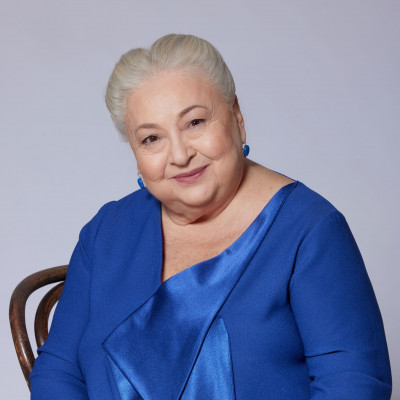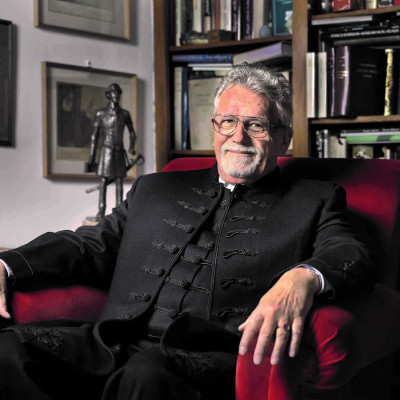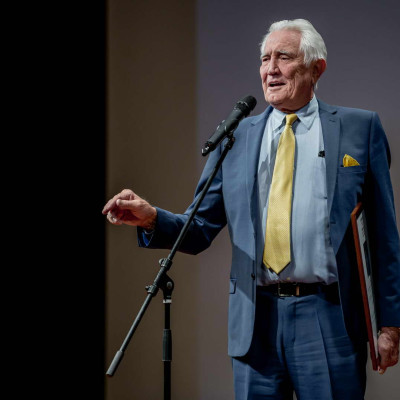Jameson CineFest Lifetime Awards
Életmű díj 2022
Piroska Molnár, born not far from Miskolc, in Ózd, is the recipient of awards and recognitions, starting from being a member of the Company of Immortals to the Actress of the Nation. One of Hungary’s greatest actresses, her talent is boundless, her secret unfathomable. Her theatrical, television, dubbing and film roles are so numerous that it is almost impossible to list them all: she is the actress with the most premieres in the Hungarian Theatre
bővebbenLifetime Awards 2021
Freedom, love of justice, and unbridled spiritedness coupled with passion and deep meaning – these are the words that best describe the films of Tony Gatlif. Born in Algiers as Michel Dahmani, Gatlif has worked with artists such as Fanny Ardant, Gérard Darmon, François Cluzet, Vincent Lindon, Asia Argento, Bea Palya, Birol Ünel and Sergi López. Taking the road, finding your roots and the beauty of a well-lived life appear as topics in several Gatlif
bővebbenPosthumous Lifetime Achievement Awards 2021
Sisyphus was nominated for the Academy Award in 1976, while The Struggle was awarded with the Palme d’Or in 1977 in Cannes. He directed the first Hungarian featurelength animation, Johnny Corncob. His Hungarian folktales were watched and are continued to be watched by hundreds of thousands growing up. His books and animated folktales, like Son of the White Mare or Song of the Miraculous Hind, follow the noblest traditions of disseminating knowledge and storytelling. Whether
bővebbenLifetime Awards 2019
George Lazenby was born in 1939 in Goulburn, Australia. At a young age he moved to London and surprised the world twice. First when he got to play James Bond as a newbie actor after Sean Connery left the role, and later when – before the 1969 release of ‘On Her Majesty’s Secret Service’ by Peter Hunt – he announced that he would not play the role of Her Majesty’s secret agent anymore, even though
bővebbenLifetime Awards 2019
Bille August was born on November 9, 1948 in Brede, Denmark. He studied cinematography in Stockholm and at the Danish Film Institute. He graduated in 1973. August made his breakthrough as director and writer with his 1978 film ‘Honeymoon’. The movie can be regarded as a forerunner of the Danish Dogme 95 movement with its deep presentation of depression; touching upon the humanity of films of similar topics twenty years later. It was followed by
bővebben





